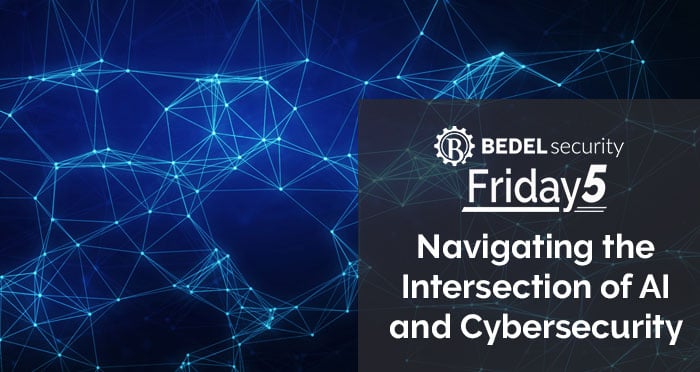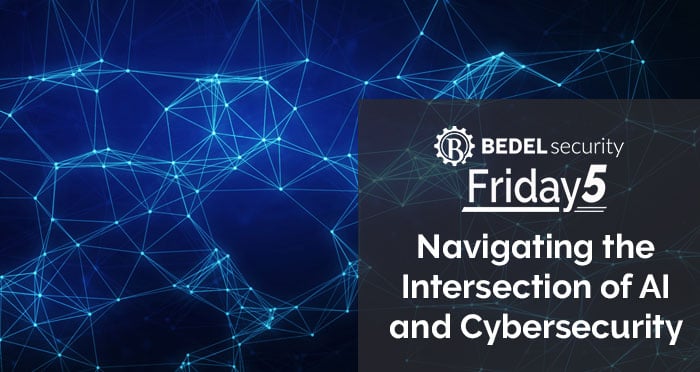

In today’s rapidly evolving digital landscape, the rise of Artificial Intelligence (AI) has become a game-changer for businesses. As we explore how AI can revolutionize our operations, we must also assess its impact on security policies, risk assessments, third-party management, incident response planning, and user awareness training. Let’s dive into how we can strategically incorporate AI into these areas to strengthen our defenses.
Enhancing Information Security Policies:
Integrating AI-related language into both the Information Security Policy and Acceptable Use Policy is important to ensure the safe and responsible use of the technology. It is important to establish guidelines for the appropriate use of AI tools, clearly outlining usage and data protection requirements. By integrating AI-related language into your policies, the organization establishes a framework for promoting security and responsible usage.
Incorporating AI into Risk Assessments:
Traditional risk assessments often struggle to keep pace with the dynamic threat landscape. As organizations increasingly leverage AI tools across various business functions, it’s crucial to assess how AI adoption impacts the organization’s risk profile. AI systems introduce unique risks related to data privacy, security vulnerabilities, and potential misuse of AI-generated insights. By incorporating AI considerations into the risk assessments, organizations can identify and evaluate these risks effectively, ensuring they are adequately addressed in risk mitigation strategies.
Optimizing Third-Party Management:
As organizations increasingly rely on third-party partners and service providers, managing third-party risk has become a critical component of the overall risk management strategy. When it comes to third-party management, organizations must consider the usage of AI by their external partners. This includes examining and understating how third-parties are incorporating AI tools into their critical activities and assessing the associated risks.
Strengthening Incident Response Planning:
In a security breach or incident, a timely and effective response is critical to minimizing damage and restoring normal operations. The incident response policy should address the unique considerations associated with AI-related events. This includes outlining procedures for detecting and responding to incidents involving AI systems, such as unauthorized access or manipulation of AI algorithms or data.
Empowering End User Training:
Effective end-user training is critical for building a culture of cybersecurity awareness and promoting best practices. AI-driven training platforms offer personalized and interactive learning experiences tailored to the specific needs and skill levels of individual users. Training can cover topics such as identifying and mitigating AI-related security threats, understanding the ethical implications of AI usage, and implementing best practices for utilizing AI tools responsibly.
In wrapping up, at Bedel Security we understand the dynamic nature of cybersecurity, especially with the growing influence of AI. Our team is here to help you navigate these complexities and ensure your organization stays secure in the face of evolving threats. If you are ready to start a conversation about how we can support your cybersecurity efforts, drop us a line at support@bedelsecurity.com.

CrowdStrike and Supply Chain Risk Management—What Can we Learn From this Experience?
Wow, how much technology has changed in the past 15 years? I remember when “vendor” reviews were uncommon, technology was hosted in-house in 95% of...

4 Steps to Strengthen Your Cybersecurity Program in 2024
As we get ready to usher in the new year, it's essential to assess and enhance your cybersecurity program. Let’s explore four key strategies to...
